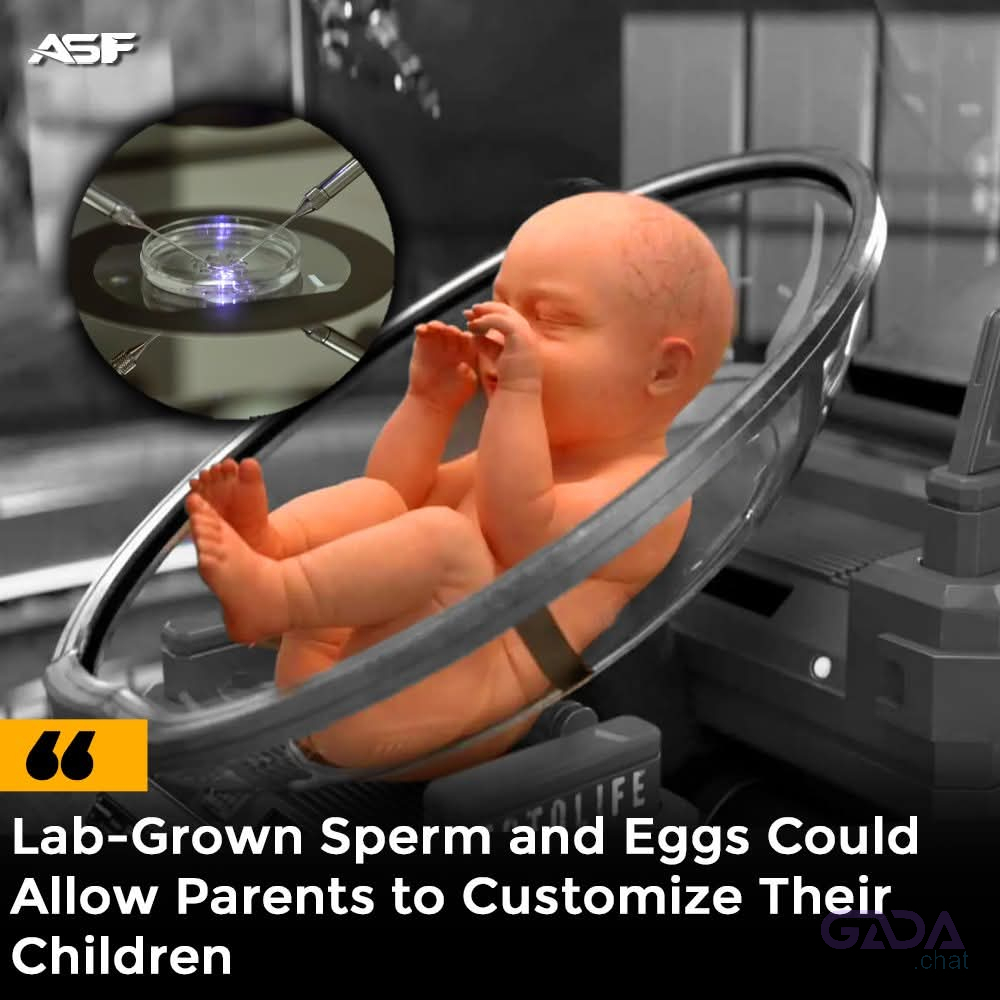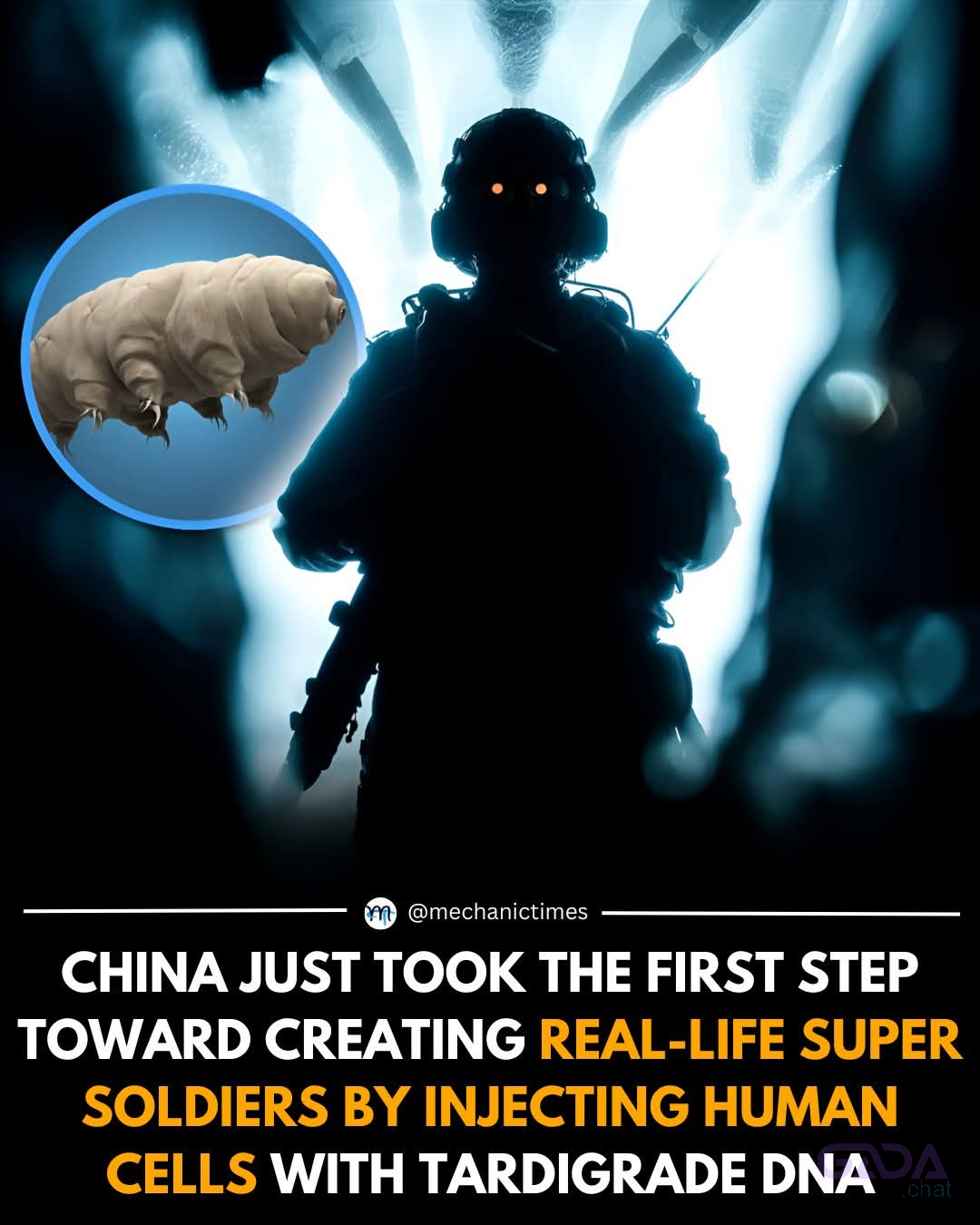In-vitro gametogenesis (IVG) is a groundbreaking process that grows sperm and eggs in a lab, offering a future where parents might be able to choose specific traits for their children, such as intelligence or disease resistance. While it promises to revolutionize reproduction, IVG raises ethical concerns about genetic inequality and the possibility of "designer babies." This technology could soon blur the lines between science and ethics, leading to intense debates on its implications.
#IVG #DesignerBabies #GeneticEngineering #EthicalDilemmas #ReproductionTechnology
#IVG #DesignerBabies #GeneticEngineering #EthicalDilemmas #ReproductionTechnology
In-vitro gametogenesis (IVG) is a groundbreaking process that grows sperm and eggs in a lab, offering a future where parents might be able to choose specific traits for their children, such as intelligence or disease resistance. While it promises to revolutionize reproduction, IVG raises ethical concerns about genetic inequality and the possibility of "designer babies." This technology could soon blur the lines between science and ethics, leading to intense debates on its implications.
#IVG #DesignerBabies #GeneticEngineering #EthicalDilemmas #ReproductionTechnology
0 Comentários
0 Compartilhamentos
441 Visualizações





